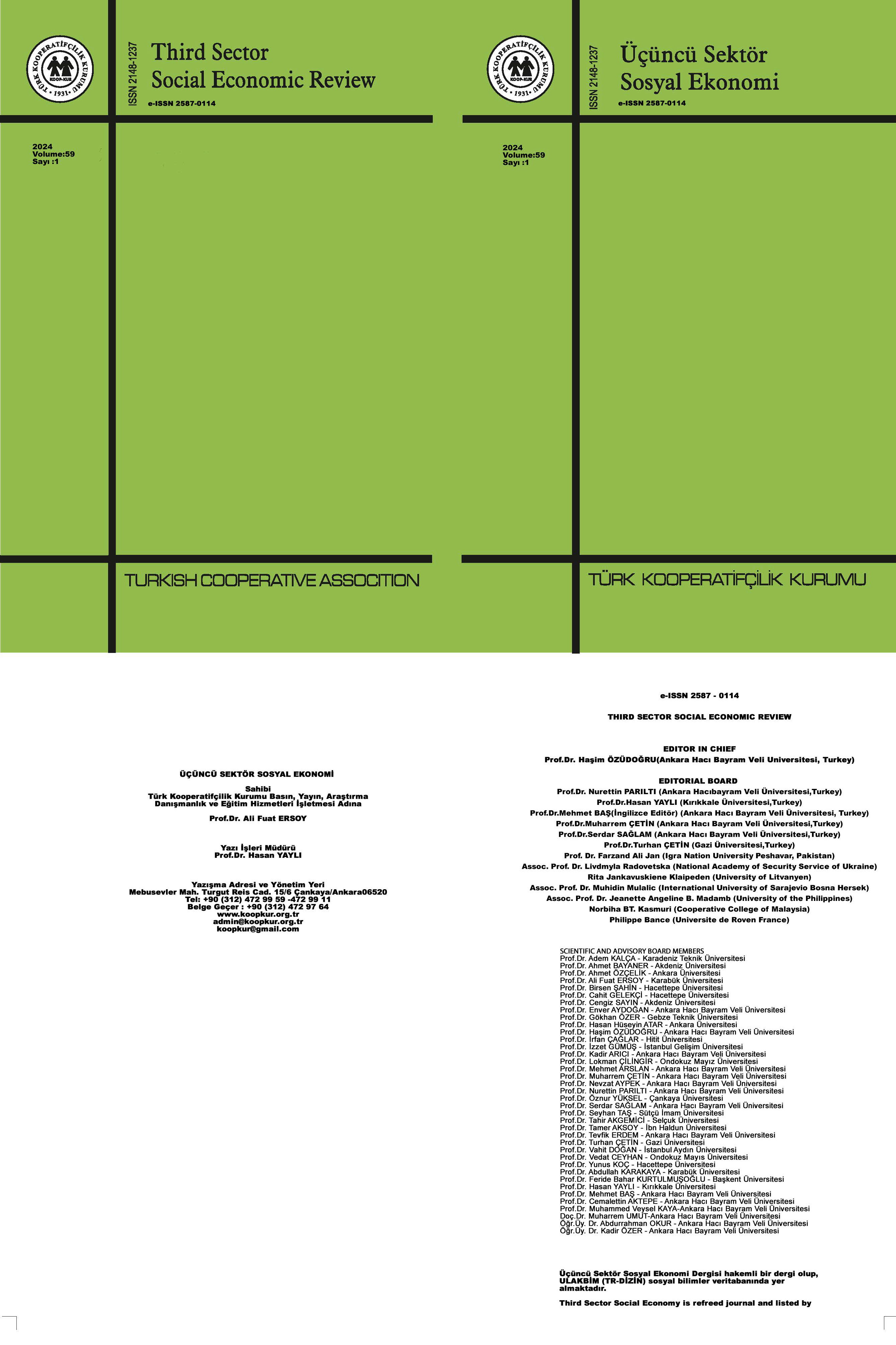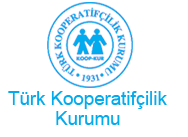Yıl: 2022 Cilt: 57 Sayı: 1 Sayfa: 47-67
doi: 10.15659/3.sektor-sosyal-ekonomi.22.01.1712
SAĞLIK HARCAMALARI ÜZERİNDE SAĞLIK HARCAMALARI BELİRLEYİCİLERİ ETKİSİ: OECD ÜLKELERİ PANEL REGRESYON ANALİZİ
AYLİN ALKAYA, HAMDİ ORHUN GÜLBAHAR
Sağlık harcamaları ve sağlık harcamaları üzerine etki eden faktörler günümüzde tartışılan en önemli konulardandır. Çalışmanın amacı, sağlık harcama boyutlarından genel sağlık harcaması, kamu sağlık harcaması ve özel sağlık harcaması üzerinde literatürde etkisi olduğu tartışılan GSYİH, yurt içi genel kamu sağlık harcaması (cari sağlık harcamasının yüzdesi), doktor sayısı, 65 yaş üstü nüfus, ilaç harcaması, doğurganlık oranı, kentsel nüfus oranının etkilerinin araştırılmasıdır. Çalışmada yöntem olarak panel regresyon analizi uygulanmış ve veri seti olarak OECD üyesi ülkelerin 2005-2017 dönemi kullanılmıştır. Araştırma panel regresyon analizi sonuçlarına göre genel sağlık harcaması üzerinde GSYİH, 65 yaş ve üzeri nüfusun ve ilaç harcamasının pozitif ve anlamlı etkisi olduğu belirlenmiştir. Kamu sağlık harcaması üzerinde GSYİH, yurt içi genel kamu sağlık harcaması (cari sağlık harcamasının yüzdesi), doktor sayısı, 65 yaş ve üzerindeki nüfus ile ilaç harcamasının pozitif ve anlamlı etkisi olduğu belirlenmiştir. Özel sağlık harcaması üzerinde GSYİH, doktor sayısı, 65 yaş ve üzerindeki nüfusun pozitif etkiye sahipken yurt içi genel kamu sağlık harcaması (cari sağlık harcamasının yüzdesi) negatif etkisi olduğu tespit edilmiştir.
Anahtar Kelimeler (Keywords): Genel Sağlık Harcaması, Kamu Sağlık Harcaması, Özel Sağlık Harcaması, GSYİH, Sağlık Göstergeleri
THE EFFECT OF DETERMINANTS OF HEALTH EXPENDITURES ON HEALTH EXPENDITURES: OECD COUNTRIES PANEL REGRESSION ANALYSIS
Health expenditures and the factors that affect health expenditures are one of the most important issues discussed today. The aim of the study is to examine the effects of GDP, domestic general government health expenditure (% of current health expenditure), pharmaceutical spending per capita, physicians (per 1,000 people), population ages 65 and above (% of total population), fertility rate and urban population rate (all of which are discussed in the literature that they have effects on health expenditure dimensions) on general health expenditure, public health expenditure, and private health expenditure. In the study, panel regression analysis was applied as the method and the 2005-2017 period of OECD member countries was utilized as the data set. According to the panel regression analysis results of the research, it was determined that the GDP, population ages 65 and above, and the pharmaceutical spending had a positive and significant effect on the general health expenditure. It was determined that GDP, domestic general government health expenditure (% of current health expenditure), number of physicians, population ages 65 and above, and pharmaceutical spending have a positive and significant effect on public health expenditure. It was established that GDP, number of physicians, population ages 65 and above have a positive effect, and domestic general government health expenditure (% of current health expenditure) has a negative effect on private health expenditure.
Anahtar Kelimeler (Keywords): General Health Expenditure, Public Health Expenditure, Private Health Expenditure, GDP, Health Indicators
Tam Metin 589











